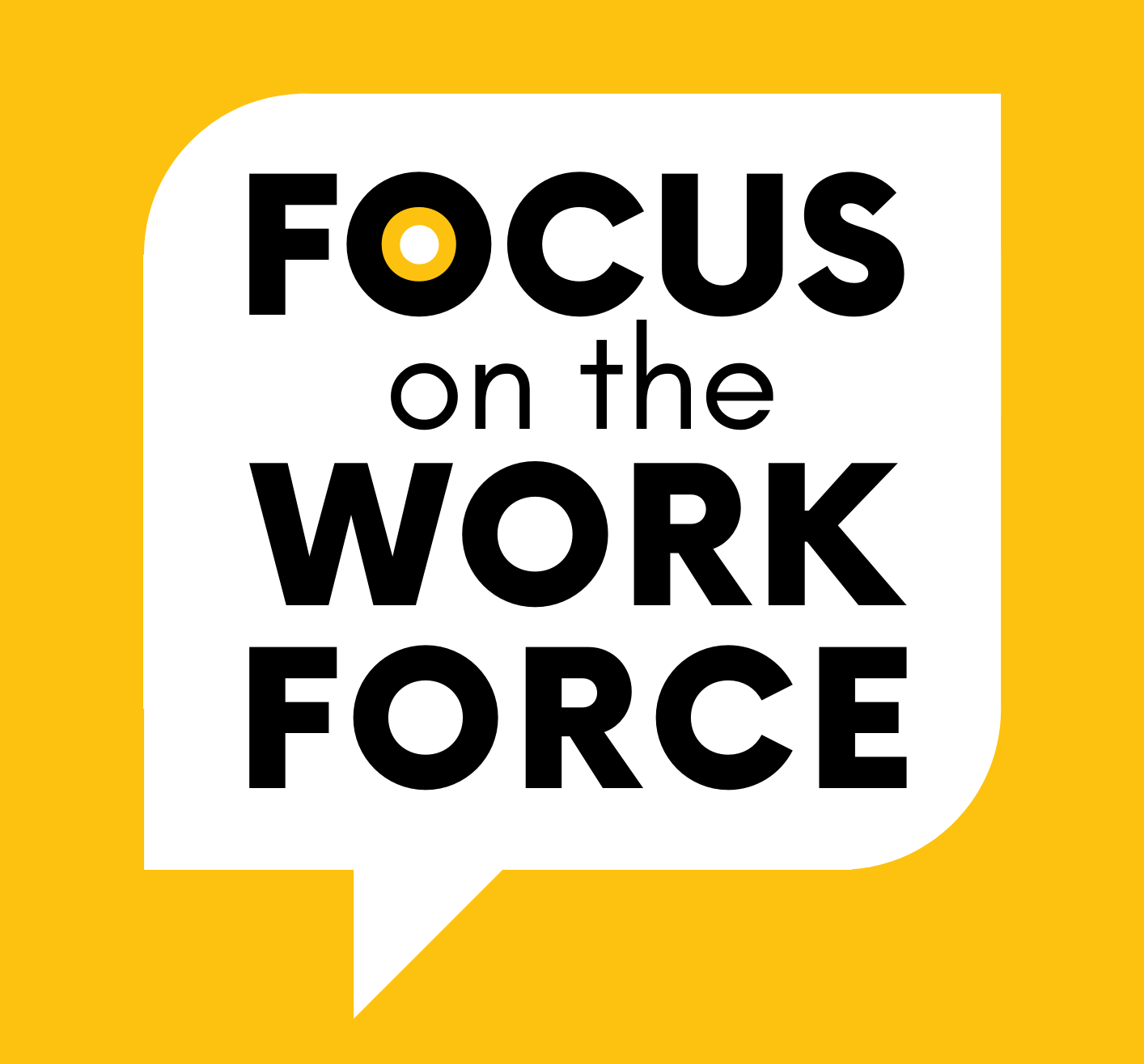Scottish Museums Federation Conference 2022
Focus on the Workforce: Health & Wellness in Heritage
Dunfermline Carnegie Library & Galleries Monday 16 May 2022, 09:30 - 16:30
£15 members, £30 non-members, £5 digital access only
Presentation @ 11am
Remote and Digital Volunteering/Work: The Key to Increasing Museum Accessibility for Museum Workers and Volunteers
According to Government statistics, 14.1 million people in the UK are disabled--a significant proportion of our population. However, disabled people are underrepresented both in the workforce in general, and within the heritage and museum sector. The pandemic has opened up possibilities of remote and digital work and volunteering opportunities within the sector, dramatically increasing accessibility in the museum sector for those who want to pursue a career in heritage. This paper examines the effects of this shift to remote work and volunteering, and how these changes can be capitalised on to better facilitate disabled people within museums.
In particular, it will investigate this from the perspective of a disabled museum worker. I have hypermobility spectrum disorder, a disability which causes chronic pain and repeated joint dislocations. During the pandemic home working and virtual attendance at meetings, events and conferences improved both my physical health and mental wellbeing. The subsequent support put in place by The Devil’s Porridge Museum has enabled me to thrive in my current position, and feel confident about a future within heritage. This presentation will explore this support and suggest ways in which museums can work towards being accessible for disabled workers and volunteers.
Speaker’s Bio
Dr Laura Noakes, Research Assistant, The Devil's Porridge Museum
Dr Laura Noakes is the Research Assistant at the Devil’s Porridge Museum in Eastriggs, Scotland. She is working on a new project, ‘The Munition Workers’ which focuses on finding out about workers at H.M. Factory Gretna in World War One. She has just complete her PhD thesis, which examines the relationship between the women’s suffrage movement and early women lawyers through detailed contextual consideration of two women: Elsie Bowerman and Chrystal Macmillan.

